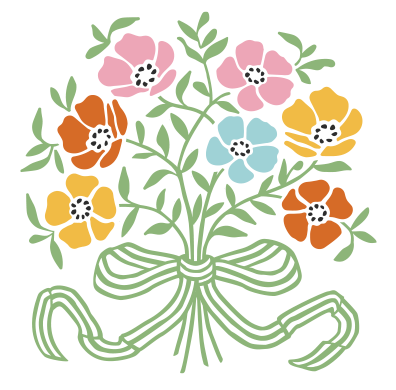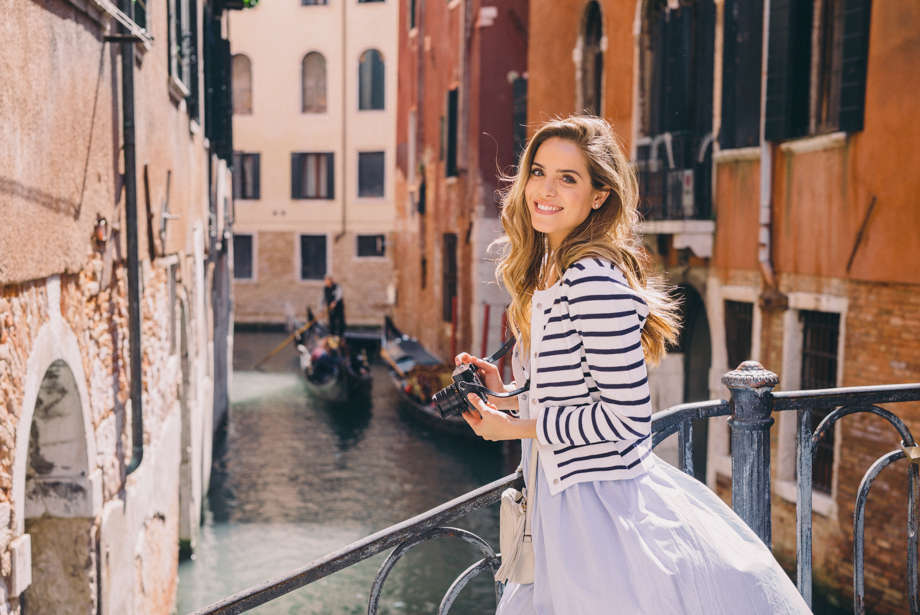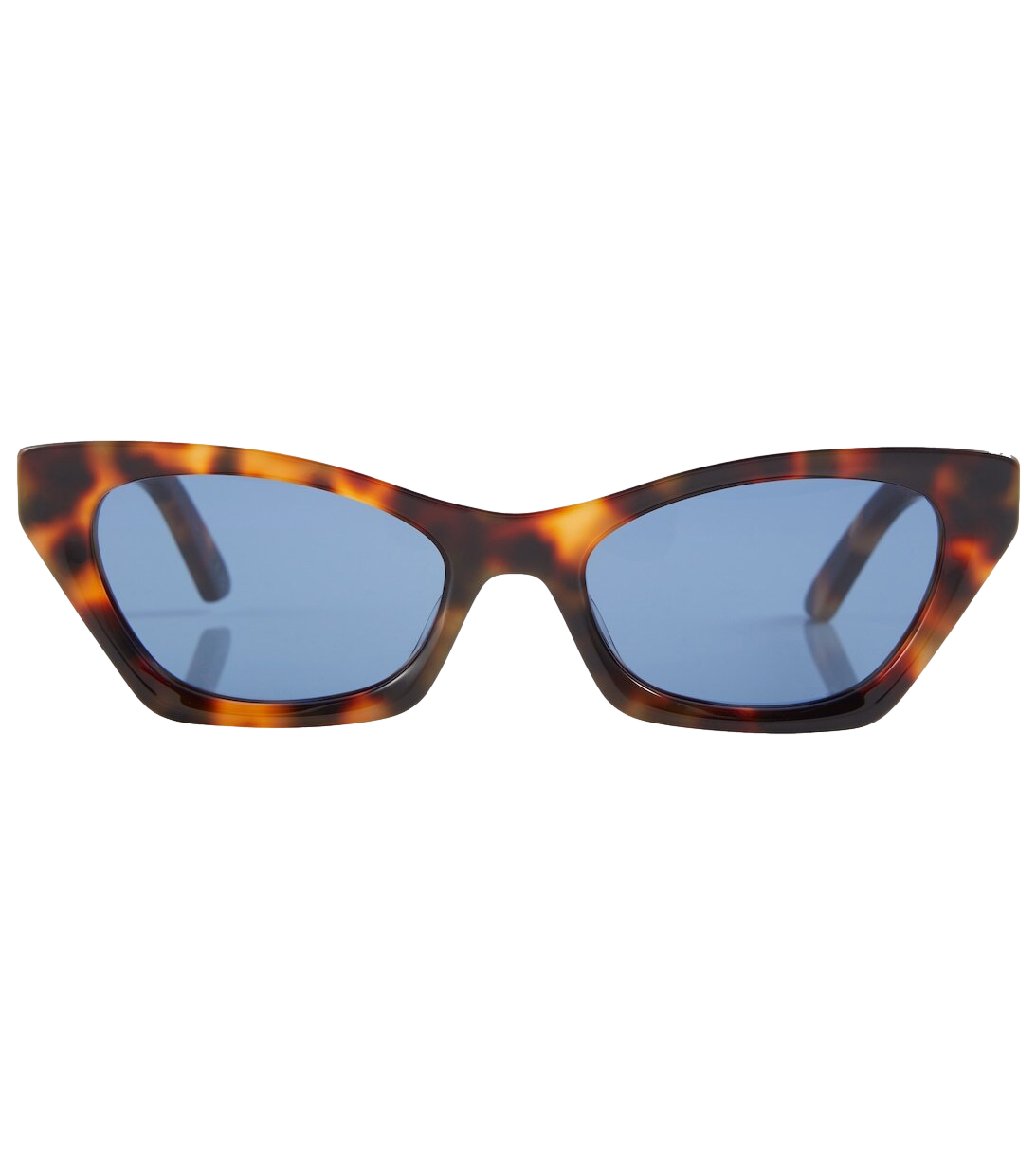Thomas here to discuss mine and Julia’s favorite photography accessories. When you buy a camera you quickly find out that you aren’t just buying a camera. In order to continue to get the most out of your photography, you’ll end up picking up a handful of accessories. Some of these have a direct impact on the quality of your photos, while others help you maintain your gear in its top condition.
Tripod- I’ve always sold my friends and readers on tripods. While you don’t absolutely have to have one, and you might not use one every time you shoot, it’s a tool you’ll be thankful you own in certain circumstances. I love my Manfrotto tripods but most tripods will work just fine. If you don’t want a big tripod, consider the Joby Tripods which have flexible legs for wrapping around poles.
Memory Card Holder- I’m a scaredy-cat when it comes to backups of my image files, so I don’t remove photos from my SD cards until they’ve been posted on a blogpost and I’ve made backups on my multiple hard drives. That’s why I have about 15 SD cards. So I swear by this Ruggard SD Card Holder (smaller cuter version), which helps me protect them. They have them in multiple configurations incase you shoot with CF cards.
Extra Batteries- Seeing as Mirrorless cameras appear to be taking over the world, you pretty much have to have backup batteries since their smaller bodies only allow for smaller batteries and they have to have a screen turned on at all times. If you aren’t shooting on Mirrorless yet, it’s still a good idea to have at least one backup battery. Nothing kills a photoshoot quicker than a dead battery. Oh, and make sure the backups are charged. It’s unfortunately easier to forget to do than you’d think.
Backup Hard Drive- Did I mention that I’m a scaredy-cat about file backups? If you travel, I recommend having two copies of a drive, one that travels with you (or the ultra slim version) and another (larger one) which stays at home. Depending on how much you shoot, consider storing image files off in some sort of cloud storage. It’s not really an option if you shoot a ton but if you are a casual photographer and/or you just use your phone for pictures, I’d highly recommend cloud storage. I can’t tell you how many people I know that have lost all of their photos when they lost a phone that didn’t have iCloud or Dropbox backup turned on.
Lens Cleaning Tools- When I clean my camera lenses, my goal is to touch the lens as infrequently as possible. That’s why I love the Giottos Blower for getting dust off the lens. Since we backlight all the time, having a clean lens is crucial. When I need to remove fingerprints on the lens I use a Lenspen. While I don’t use UV filters on my lenses, it might be a good idea to get one if you are like most people, and you don’t take great care of your equipment. It’s a lot easier to replace a UV filter that costs less than $50 than it is to replace a scratched or shattered lens. You can pickup this kit that has everything you could ever need for cleaning lenses.
Camera Bag- We love ONA bags because they don’t look like camera bags. I like the Bolton backpack (over the Camps Bay) for longer trips because the pockets are bigger and easier to get in and out of. For day or short trip usage I use my Brixton because it can hold my 2 Leicas and Julia’s RX1RII plus some accessories and my 13” laptop. For quick day photoshoots, I’ll use my Berlin II to bring an extra camera and some accessories. Other cool brands for camera bags are Billingham, Domke and ThinkTank for a classic bag look and Lowepro and Manfrotto for the outdoorsey/techy look.
White Balance Card- You probably don’t need one of these because any new camera you get is going to be pretty darn good with Automatic White Balance (AWB) and if you shoot RAW, this is one of the easiest things to edit. But sometimes, especially in odd mixtures of light, your camera is so far off with AWB that it’s hard to get a feel for how the images are actually turning out. I carry a credit card sized WhiBal card in my wallet and a bigger card in my camera bag for usage when I’m shooting in what I call “Stubborn Light”.
ND or Polarizing Filter- Again, you probably don’t need these to take great pictures but sometimes to make photos pop you’ll want filters like Neutral Density (ND), which essentially are like sunglasses for your lens or Polarizing, which reduce reflective light and make clouds and water standout. I shoot wide open at f/ 1.4 for nearly every photo and sometimes in the bright daylight my camera’s Shutter Speed is at its fastest setting and the ISO is as low as possible, so I can’t take photos without them being too bright. That’s where I rely on a 2 stop ND filter to reduce the light into that camera.





 We have reimagined our brand and blog for a better future. Stay in the know.
We have reimagined our brand and blog for a better future. Stay in the know.